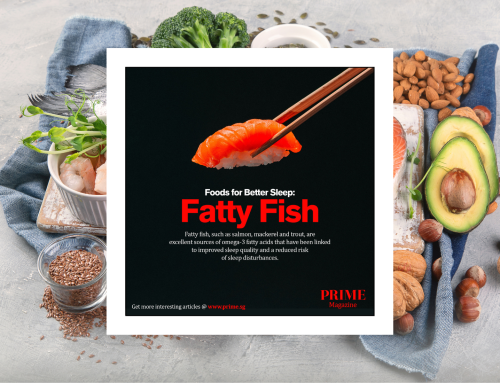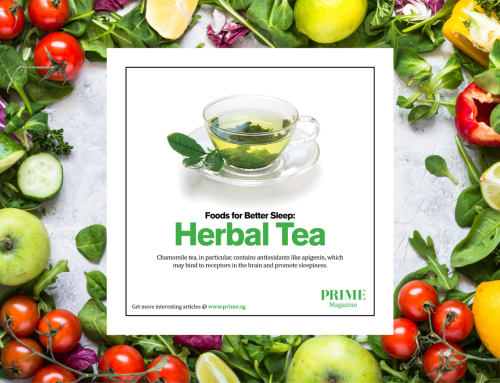Black pepper: Clear the congestion
Besides adding flavour to your food and promoting digestion, black pepper works as an appetite stimulant. This makes it an excellent, simple remedy for those with poor appetite. The piperine in black pepper also enhances the absorption of various nutrients, such as vitamins A and C, selenium, beta-carotene and improves your overall health.
If you’re feeling all stuffy in your chest and nose, black pepper can help with the congestion. It can help to break up the mucus and phlegm in the respiratory tract, and its natural irritant quality helps you to expel these loosened materials through the act of sneezing or coughing, which eliminates the material from the body and clears the congestion.
Steam inhalation
Try steam inhalation from a pot of hot water mixed with some black pepper and 1-2 drops of eucalyptus oil to clear the congestion.
Cardamom: Keep your breath fresh
The third most expensive spice in the world comes with a plethora of health benefits. Cardamom is a diuretic – it stimulates kidney function and relieves urinary tract infections. Regular use of cardamom may help relieve symptoms of a wide variety of kidney, bladder, and urinary problems such as kidney stones, nephritis, burning or painful urination, and frequent urges to urinate.
Cardamom also acts as a disinfectant in the mouth. The spice keeps infections, toothaches and bad breath at bay. Chew on a pod of cardamom or drink some cardamom tea for fresh breath!
Cardamom mouthwash
Crush 4 to 5 green cardamom pods and discard the shells. Ground the seeds finely and mix with 1 tablespoon of lemon juice. Dissolve in a glass of warm water and use it as your after-meal mouthwash for a fresh, bacteria-free breath
Ginger: Root out nausea
The unassuming rhizome offers more than its culinary uses: Ginger can help to relieve gastrointestinal irritation, stimulate saliva and bile production, suppress gastric contractions and movement of food and fluids through the gastrointestinal tract. It is also regarded as an excellent carminative and can be used to reduce flatulence and bloating.
Ginger helps to relieve nausea by blocking the effects of serotonin, a chemical produced by both the brain and stomach when you are nauseated. To prevent motion sickness or nausea, it is best to drink a cup of ginger tea at least 30 minutes before you set off for a long ride.
Ginger tea
Slice 20-40 g of fresh ginger and steep in a cup of hot water for 10-15 minutes. Add a slice of lemon or some honey according to your preference.
Fennel seeds: A woman’s best friend
Fennel seeds contain health benefiting volatile essential oil compounds, which are known to have antioxidant, digestive, carminative, and anti-flatulent properties. They have mild estrogen-like qualities and help to regulate hormonal actions, which explains why they are used in Traditional Chinese Medicine to relieve menopausal and pre-menstrual symptoms. They can also flush excess fluids from your body. To help relieve puffiness under your eyes caused by water retention, apply strong fennel tea under your eyes.
Fennel tea
Prepare fennel tea by crushing one teaspoon of fennel seeds and adding it to one cup of water in a pot. Bring the water to a boil, and cover and steep for around 10 minutes. Cool and strain before serving.
Cumin: A mental relief
Cumin contains compounds that offer a tranquilising effect, keeps various stresses at bay and help you relax. If you are experiencing sleep deprivation or having difficulty falling asleep, drink some cumin water or massage with cumin oil. This will help to reduce anxiety and promote better sleep. It is also loaded with B vitamin group, which can help you to reduce stress and improve sleep. Cumin also aids in the release of acetylcholine in the brain, which plays an important role in retaining memory.
Cumin tea
Heat 1 teaspoon of cumin seeds on low heat for 5 seconds, add one cup of water and bring the mixture to a boil. Turn off the heat and let it sit for 5 minutes. Strain and drink before bedtime.
Turmeric: Get the glow
This super spice is known for its anti-oxidant, anti-inflammatory and anti-ageing effects. Curcumin, a naturally occurring chemical compound that is found in turmeric, gives the spice its distinctive colour and health benefits. Research has shown that turmeric extract can help alleviate pain and improve function in people with osteoarthritis of the knee. The problem with turmeric’s curcumin is its low bioavailability, and curcumin supplements with higher bioavailability may be a good alternative.
To get the best out of turmeric, use them on your face. Turmeric masks can help to reduce inflammation, promote skin healing and soften lines and wrinkles, giving your face a more youthful appearance. Turmeric also helps to brighten the skin by interrupting melanogenesis – the process of melanin pigment synthesis in the skin, giving your skin a healthy, radiant glow.
Turmeric face mask
Mix ¼ teaspoon turmeric powder, 1 teaspoon milk and 1 teaspoon honey together in a small bowl. Wash and pat your face dry before applying. Sit for five to 10 minutes or until the face mask dries up completely. Use a sugar scrub to remove yellow stains on your face (if any).
















